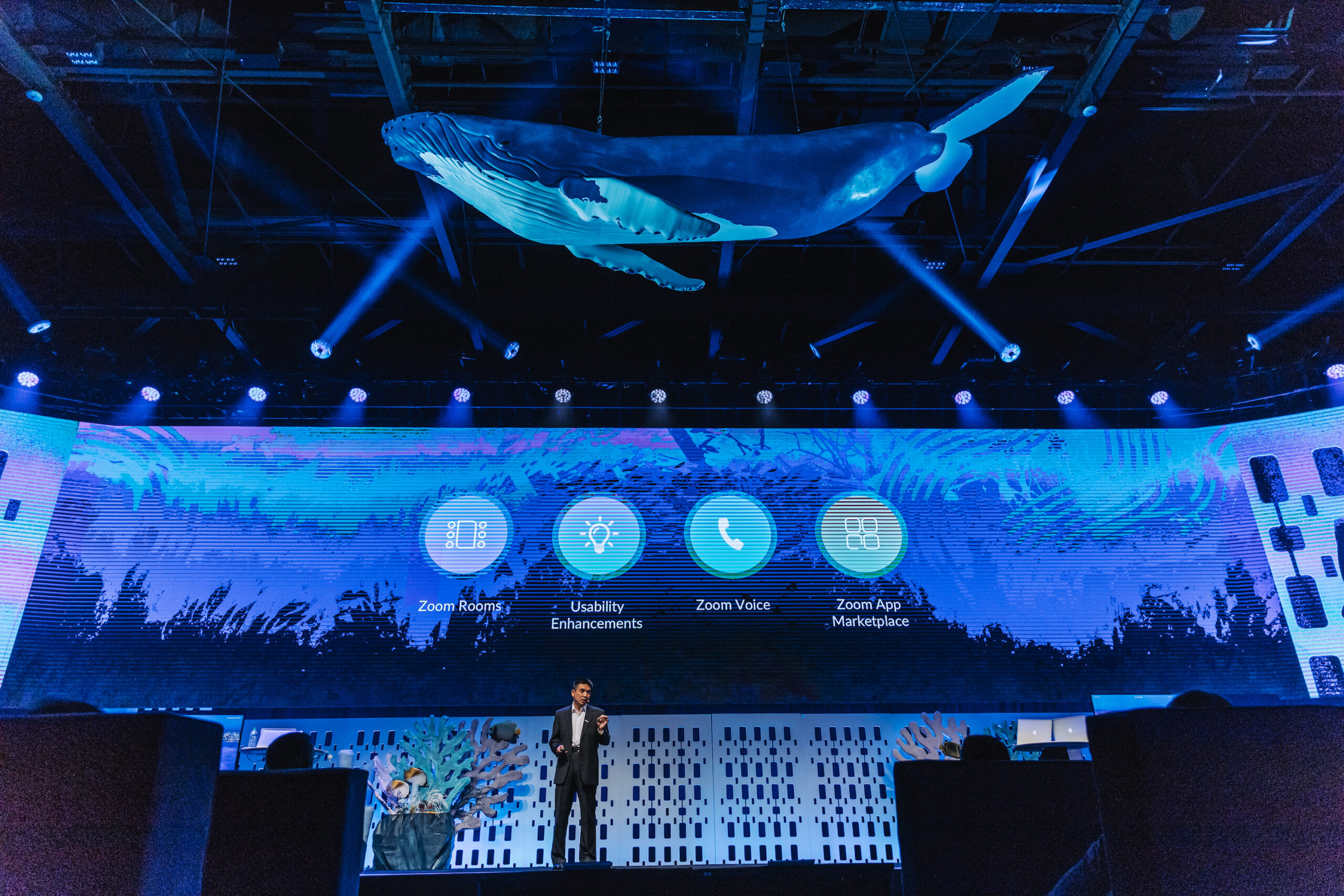Explore essential strategies and key components to deliver a captivating developer conference where innovation thrives and industry connections flourish.
Developer conferences have evolved from niche gatherings to influential platforms that bring together innovators, tech enthusiasts, and industry experts. These events provide a fertile ground for networking, learning, and showcasing breakthroughs. As an event planner, understanding the intricate elements that make up a successful developer conference is essential. This introductory guide offers an in-depth exploration of the key aspects to consider when planning a captivating and impactful tech event, along with a step-by-step introduction for getting started.
Why Developer Conferences Matter
Developer conferences are not just another event; they are dynamic hubs where ideas converge, knowledge is shared, and relationships are nurtured. These gatherings offer a unique opportunity for developers, programmers, and tech professionals to exchange insights, learn about the latest technologies, and gain hands-on experience. For organizations, hosting a successful developer conference can enhance brand reputation, foster innovation, and even drive recruitment efforts.
Defining Your Objectives
A clear understanding of your objectives is fundamental to the success of a developer conference. Are you aiming to educate participants about new tools and technologies? Is networking and collaboration among attendees a primary goal? Are you launching a new product or showcasing cutting-edge developments? Defining your objectives guides every decision you make throughout the planning process.
Crafting an Engaging Agenda
The agenda is the backbone of your developer conference. A well-structured and balanced agenda includes keynote speeches, technical sessions, hands-on workshops, and interactive panels. Inviting renowned industry experts, thought leaders, and influencers as speakers adds credibility and draws attendees. Covering a range of topics, from coding techniques to AI advancements, ensures a diverse and engaging experience for participants.
Choosing the Right Venue
Selecting the appropriate venue for your developer conference is a critical decision. The venue should align with the event’s scale and atmosphere, accommodating both sessions and networking activities. Ample space, excellent acoustics, and state-of-the-art AV equipment are prerequisites for quality presentations. Opt for a location that’s accessible, well-connected, and offers nearby accommodation options for out-of-town attendees.
Utilizing Event Technology
In the tech world, integrating cutting-edge event technology is a must. Event apps, for instance, facilitate participant engagement through session schedules, real-time feedback, and networking opportunities. Live streaming and on-demand content ensure that even remote participants stay connected. Gamification elements add an element of fun, enhancing attendee interaction and interest.
Sponsorships and Partnerships
Collaborating with tech companies and startups can provide valuable support for your developer conference. Sponsors and partners not only contribute financially but also offer expertise, resources, and exposure. Their presence can enhance the event’s credibility and provide attendees with hands-on experiences of the latest products and services.
Networking Opportunities
Networking is a key draw for developer conferences. Plan dedicated networking sessions, lounge areas, and interactive spaces that encourage participants to connect. Icebreaker activities, mentorship programs, and hackathons can facilitate meaningful interactions and knowledge sharing among attendees.
Marketing and Promotion
Promotion is pivotal to attracting a diverse and engaged audience. Utilize social media, email marketing, and targeted advertisements to reach your target demographic. Engaging content, such as teaser videos, speaker profiles, and event highlights, can build anticipation and encourage early registration.
Logistics and Execution
On the day of the conference, seamless logistics are paramount. Registration and check-in processes should be swift and efficient. Volunteers or staff members should be stationed throughout the venue to assist participants. Ensuring a smooth flow of sessions, managing time effectively, and addressing technical glitches promptly are crucial for a positive attendee experience.
Post-Event Engagement
A successful developer conference extends its impact beyond the event itself. Provide attendees with access to presentation slides, session recordings, and supplementary resources. Encourage participants to share their takeaways and experiences on social media platforms using a dedicated event hashtag. Collect feedback to learn what worked well and areas for improvement, which will help you refine future conferences.
Getting Started: Step-by-Step
- Define Your Goals: Clarify the purpose and objectives of your developer conference. Are you aiming to educate, inspire, or connect?
- Audience Profiling: Understand your target audience—developers, engineers, tech enthusiasts—and tailor content and activities to their preferences.
- Budget Allocation: Determine your budget, allocating funds for venue, speakers, marketing, technology, and more.
- Choose Dates and Venue: Select suitable dates and find a venue that accommodates your expected number of attendees and offers the necessary facilities.
- Secure Speakers and Partners: Invite prominent speakers and seek sponsorships or partnerships to enhance your event’s offerings.
- Craft the Agenda: Develop a well-balanced agenda that covers a variety of topics, appeals to different expertise levels, and includes engaging formats.
- Tech Integration: Incorporate event technology, such as event apps and streaming platforms, to enhance attendee engagement.
- Promote the Event: Create a marketing plan that leverages various channels to generate excitement and drive registrations.
- Logistics and Details: Plan logistics meticulously, from registration and signage to catering and networking opportunities.
- Engage After the Event: Continue engaging with attendees post-conference by sharing content, feedback surveys, and announcements for upcoming events.
In Summary
In the world of tech, developer conferences play a pivotal role in driving innovation, knowledge exchange, and professional growth. By understanding the anatomy of a developer conference and following a step-by-step guide, event planners can orchestrate memorable and impactful events that resonate with participants, contribute to the tech community, and elevate their brand’s presence in the industry. With meticulous planning, strategic partnerships, and a focus on attendee experience, you’ll set the stage for a successful developer conference that leaves a lasting impression on all who attend.
Ready to start planning your next developer conference? Contact Shiloh to get started today.


